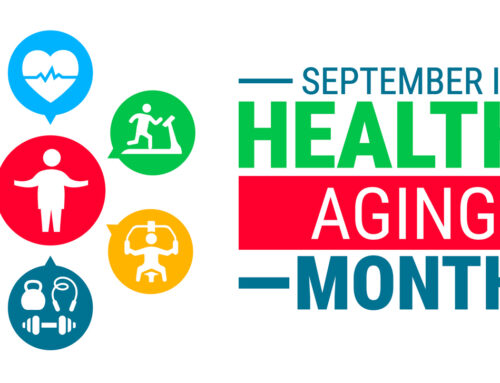If any group of professionals has been tasked with a herculean task, it is certainly those working within the healthcare industry. From doctors to nurses to case managers, they have been on the front lines risking their own health, working grueling schedules, and dealing with incredible stress. That’s why it’s so crucial to celebrate these professionals for their contributions. Case management week which begins on October 11th and continues through the 17th is an opportunity to recognize the importance of this role and to thank them for their dedication. This year’s theme is Transitions through Care, Expertise, and Integrity and it could not be more appropriate as healthcare professionals try to maneuver within the new reality of a global pandemic.
Many people may not even know what case managers do unless you have had the experience of working with one directly. Their role is to act as patient advocates and oversee the process of care delivered. They work collaboratively and provide leadership to the health care team from the time that a patient is admitted to the hospital and throughout their treatment and discharge from a hospital or another healthcare facility. These professionals also provide guidance for long-term care, which includes decision-making about important treatment options. Case managers typically work with patients who require constant, ongoing medical care such as someone who is suffering from cancer or geriatric illnesses. Their role is to ensure that the patient receives the highest quality care possible.
According to study.com, many certified case managers hold a bachelor’s degree in nursing, psychology, counseling, or other relevant areas. Some have a master’s degree in health, human or education services or a related field or may complement an associate degree in health or human services with a registered nurse license. To be successful in this role, certified case managers should have a foundational knowledge of social work principles and procedures.
Many home healthcare companies, such as FirstLantic, work directly with case managers to ensure that there is a complete understanding of the patient’s history and ongoing needs prior to assigning a caregiver. While some clients may only require help a few days a week, other patients require full-time care, and in those instances, the relationship with the case manager is crucial as they provide the foundational knowledge of ongoing care and medications that are required. Case managers are often unique individuals who have a passion and dedication to ensuring that a patient’s quality of life is the top priority. It is also a role that requires a variety of skills including effective communication, the ability to manage one’s time, problem-solving techniques as well as the ability to work both autonomously and with other healthcare professionals. Finally, a case manager must understand the mechanics of our incredibly complicated healthcare system.
So, whether you have an interest in learning more about this profession or want to recognize caseworkers for the incredible role they play in healthcare, use this week to explore it further. You can find out more about resources, education, certification, and more by clicking here.
For more information about FirstLantic.com, click here.
To read more FirstLantic blogs, click here.
 AVAILABLE 24 HOURS A DAY/7 DAYS A WEEK
AVAILABLE 24 HOURS A DAY/7 DAYS A WEEK Careers
Careers







